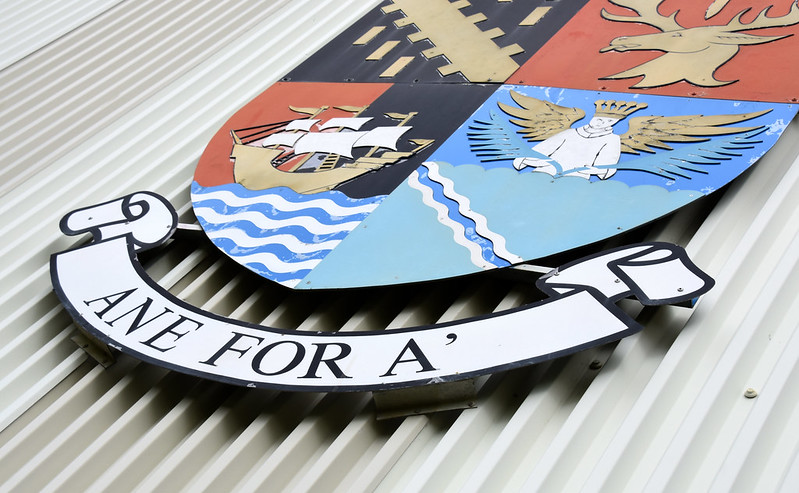
Elected Members have approved two strategic documents to help the Council prioritise its work as it looks to save c£69m by 2027.
Services will use The Council Plan and the Financial Strategy to inform and guide decision-making to better support communities, tackle inequalities, protect the environment and grow the economy while making significant savings.
At a meeting of the Council on Wednesday, 28 September, Chief Executive Kenneth Lawrie highlighted the challenges communities and the Council face and made it clear that difficult decisions lie ahead.
Kenneth said: "It is important that the Council resets its priorities in the context of its Best Value requirements and the challenging landscape it finds itself in - a cost of living crisis, increasing poverty and deepening inequality, and the fact the Council faces a financial crisis of its own.
“Finding £69m of savings is an unprecedented challenge for a Council. Unless we get to grips with our financial sustainability, we will always be on the back foot. We will be too focused on endlessly searching for budget savings rather than maximising our performance with the resources we have and delivering on The Council Plan. The Financial Strategy is the first step in addressing that.
“Tough decisions will need to be taken, and taken early on, to ensure limited resources are focused on addressing immediate need and help create brighter futures for communities."
The road ahead
Shaped by current social, economic and environmental issues, The Council Plan lays down a new vision for the area: “strong communities where inequalities are reduced and lives are improved”.
And three new priorities:
- Supporting stronger and healthier communities
- Promoting opportunities and educational attainment and reducing inequalities
- Supporting a thriving economy and green transition
A series of “we will” statements are listed in the plan that make clear the aims of the Council and how it will achieve them, alongside measures it will use to track progress.
Although the plan is five-years in length, Members were assured it would be reviewed annually.
Financial difficulties
Members also heard that although significant savings had been identified through the likes of the Council of the Future transformation and improvement programme, £43.1m still needed to be found - with more than half (c£28m) falling into next year.
Due to the scale of the challenge, reductions in Council services are now likely and difficult decisions will need to be taken to ensure the organisation can continue to provide statutory services and deliver on its new priorities.
Kenneth said: “Where possible, we will seek savings through transformation and improvement activities, but it is inconceivable that we will bridge the gap without service reductions.”
He went on to stress collaborative leadership, another key theme in the Best Value audit, was necessary, as "strong and effective joint working" would help the Council deal with the scale of the challenge.
Adding a recruitment freeze of non-essential posts was now in place to help the Council deal with a £2m overspend for this financial year.
At the meeting, Elected Members decided that council tax would not be considered further until the budget meeting in March.